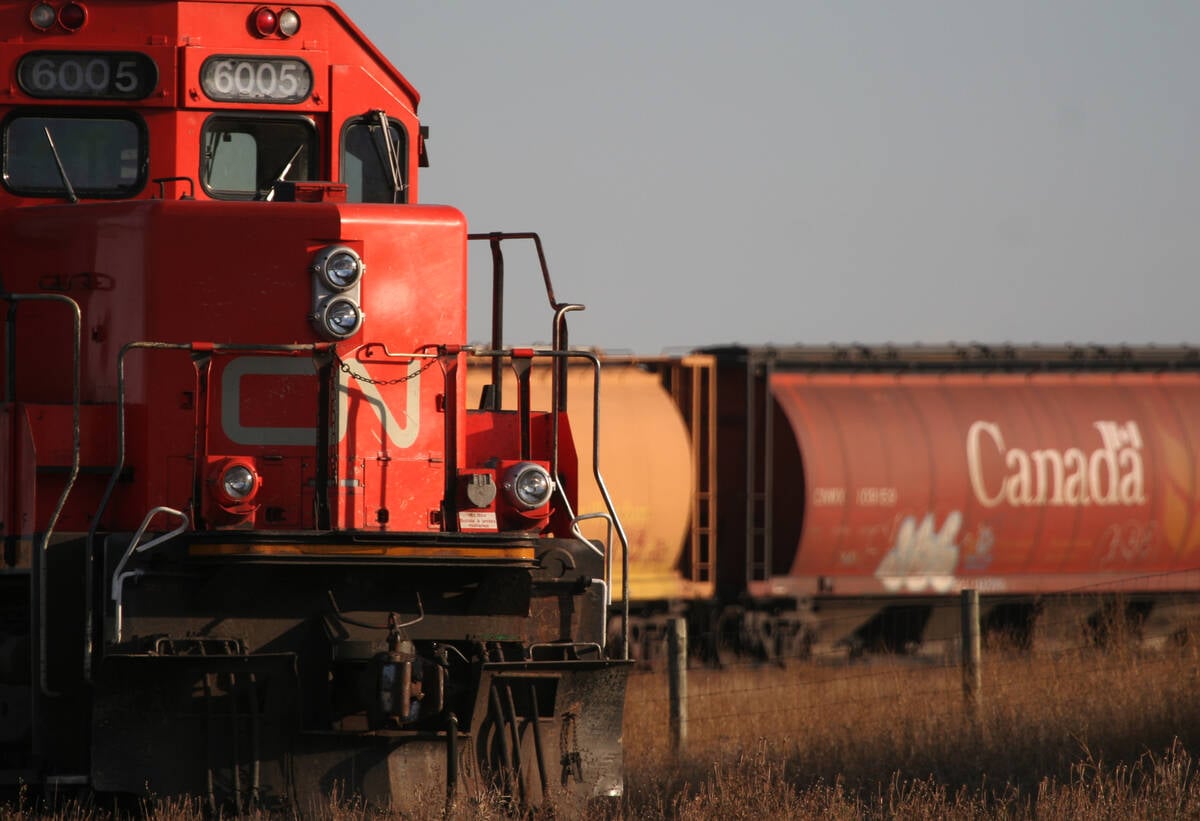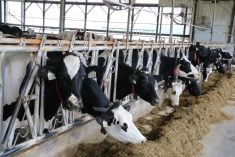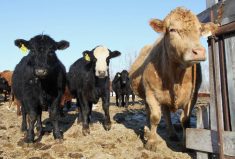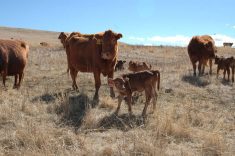Livestock producers who have to watch as their farms are depopulated due to a disease outbreak may need help coping
The number of positive bovine tuberculosis tests in a Saskatchewan herd has risen to eight.
The Canadian Food Inspection Agency updated that number from two on July 12.
CFIA said the infected herd has been depopulated and post-mortem testing continues.
A contact herd is undergoing live animal testing this month and work continues to identify all trace-in and trace-out herds.
Losing a herd in this way can be traumatic, stressful and emotional for the humans involved. In addition to bovine TB, the recent avian influenza outbreak and other diseases throughout North America have put many in that situation.
Read Also

Working groups established to address challenges in the containerized and bulk movement of commodities
CN is working with the pulse and special crops sector on resolving challenges in shipping those commodities.
A social worker, therapist and founder of the centre of veterinary social work at the University of Tennessee has developed, with American swine veterinarians, a five-question tool to help people work through any effects.
During a webinar hosted by AgriSafe Network in the U.S., Dr. Elizabeth Strand said the Animal Depopulation Resiliency Check-in Tool can be used for all types of trauma.
Research shows that most people experience some psychological effects from a disaster response. It can happen from a single event or a series of events and affect people mentally, physically, socially, emotionally and spiritually.
“It cuts through all parts of how we are as humans,” said Strand.
Individuals will respond differently and those experiences determine how traumatic the events are.
“We know from the data that depopulation, 50 percent (of those involved) have some type of symptomatology, but 50 percent don’t,” she said. “No response is better than the other, in my opinion.”
Strand cited research looking at foot-and-mouth disease events in Japan and swine depopulation during COVID-19.
In Japan, some who experienced high stress during the event still had significant levels of distress six months later. Those who were involved in the disinfection of vehicles had higher stress but those who participated in the culling did not.
“Only 2.9 percent of participants met clinical criteria for having psychological distress,” she said.
Seventy-eight people, including veterinarians who participated in the swine depopulation, reported that most of their stress was related to ethics and care for both people and animals, and the perception of others.
Another study indicated that vets want better preparation for such events. They felt there was a lack of public understanding, and experienced moral distress.
“They really felt like it was important to have sources of social support,” Strand said.
Many were worried about others, if not for themselves.
The studies found that peer and social support are most important. In other words, she said, people need to be able to talk to someone else about their experience and work through it.
Strand said work by Dr. George Bonanno, who looked at data from a normal distribution rather than those experiencing high trauma, found most people do well after a traumatic experience if they have that social support.
He analyzed data that included 911 responders, military veterans, police officers and others over a two-year period and put them in four groups.
The majority, 55 to 85 percent, had an initial mild response but returned to resilience quickly and remained there.
The recovery group, about 15 to 25 percent, had moderate symptoms and then recovered.
Up to 15 percent had delayed onset symptoms and trauma, and five to 30 percent were chronic.
“You are surrounded by all of these people and so knowing how to respond to yourself depending where you are as well as the people around you is the intention of utilizing this tool,” Strand said.
The five questions in the tool are:
- Please share if there is anything you cannot shake right now? What is it? What do you remember about it?
- Can you think of what you have done right in that situation? Even the smallest thing counts.
- Is there anything you wish you had done differently?
- Is there anything you have learned or need to adjust for tomorrow or next time?
- Is there anything you feel grateful for or made you laugh in this situation?
Strand said depopulation is often a highly sensory experience and it’s natural that there might be something a person can’t shake off.
For the second question, 70 percent of people immediately go to what they did wrong and she said it’s important to interrupt that quickly.
Questions three and four help people to learn and grow, and the last question helps bring people through to resiliency.
“The research is quite clear that gratitude is an extremely powerful protectant in times of stress,” Strand said.
The tool can be used when people journal or as a guide to check in with themselves or friends. Participation must be voluntary.
“If a person is consistently having difficulty answering questions two through five…probably having some more targeted professional support is appropriate,” Strand said. “And, if a person can answer questions two through five but that thing that they can’t shake is still not lifting, that would also be a good time to meet with a mental health professional.”
















